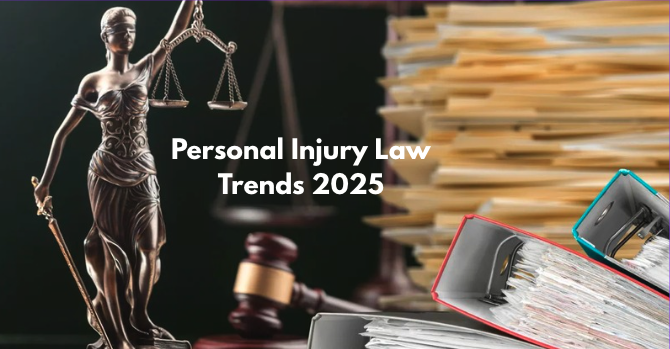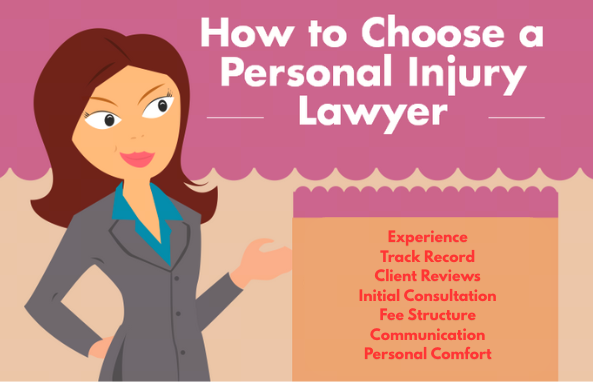
In 2025, understanding the intricacies of personal injury claims is essential for victims seeking justice. This guide covers essential steps, from documenting evidence and seeking medical treatment to understanding legal rights and working with attorneys. Navigating the complex insurance landscape and knowing how to negotiate settlements can significantly impact the outcome of your claim, ensuring fair compensation for your injuries.
Personal injury claims can be complex and overwhelming, especially as laws and regulations evolve. As we move into 2025, understanding how to effectively navigate the process can make a significant difference in the outcome of your claim. This guide outlines essential steps and considerations for individuals looking to pursue a personal injury claim in the coming year.
A personal injury claim arises when an individual suffers harm due to someone else's negligence or wrongful action. Common types of personal injury claims include car accidents, slip and falls, medical malpractice, and workplace injuries. The goal of a personal injury claim is to obtain compensation for damages suffered, which can include medical expenses, lost wages, and pain and suffering.
Filing a personal injury claim involves several critical steps. Here’s a brief overview:
Navigating personal injury claims can come with its own set of challenges. Here are a few common obstacles you may face:
Documentation plays a vital role in personal injury claims. It is essential to keep detailed records of:
Selecting the right attorney is crucial to the success of your personal injury claim. Consider the following factors when making your choice:
Preparation is key when pursuing a personal injury claim. Here are some tips to help you prepare:
Navigating personal injury claims in 2025 requires careful consideration and preparation. By understanding the process, gathering essential documentation, and choosing the right attorney, you can increase your chances of a successful outcome. Remember that every case is unique, and seeking professional guidance is crucial to achieving the compensation you deserve.
Q: How long do I have to file a personal injury claim?
A: The statute of limitations varies by state, typically ranging from one to six years. Check your state's laws for specifics.
Q: What types of damages can I claim?
A: You can claim economic damages (medical bills, lost wages) and non-economic damages (pain and suffering, emotional distress).
Q: Do I need to go to court for my personal injury claim?
A: Not necessarily. Many personal injury claims are settled out of court through negotiations with insurance companies.
Understanding these aspects of personal injury claims will empower you to navigate the process more effectively, ensuring that you are prepared for any challenges that may arise.

The Future of Accident Claims: How Technology is Shaping the Role of Attorneys in 2025

How Accident Attorneys are Adapting to Changes in Personal Injury Law by 2025

Best Personal Injury Attorneys in the USA (2025)

Personal Injury Attorney: What to Expect in the USA in 2025

The Role of Technology in Personal Injury Law: Insights for 2025

How to Choose the Right Personal Injury Attorney in 2025

Understanding Personal Injury Settlements: Trends and Predictions for 2025

The Impact of Social Media on Personal Injury Cases in 2025